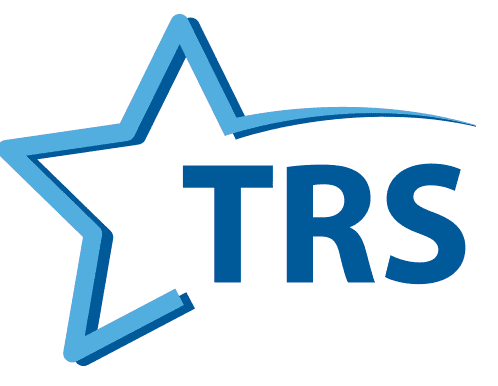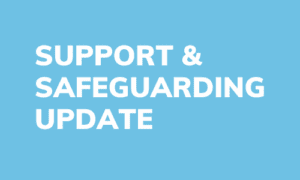Research has revealed that many people harbour concerns about their mental health as a result of the pandemic. Statistics confirm that the UK is seeing one of the sharpest rises in people experiencing mental health difficulties.
Managing mental wellbeing during the pandemic has been difficult for many apprentices. Certainly, it has been even more of a challenge for those who were already facing mental health issues. Consequently, TRS will be collaborating with employers to make sure we are all ahead of the game on this issue.
Above all, the source of angst for many is the ongoing uncertainty surrounding the pandemic. At this troubling time, apprentices will be looking to their employer for reassurance. Likewise working from home may be taking its toll, whilst being recalled to the workplace can provoke anxiety.
Everybody is still spending less time socialising face to face. As a consequence, many are turning to social media for entertainment. It’s a well-known fact that using social media platforms can lead to increased feelings of isolation, and in some cases can increase the risk of radicalisation. A suicide video from TikTok recently ended up being viewed many thousands of times on YouTube and Facebook. Such a constant stream of potentially damaging content does nothing to stem the looming mental health crisis.
In short, we all must play a part in tackling the challenge of mental health. And this includes employers and apprenticeship providers.
Steps We Have Taken to Safeguard Apprentice Mental Wellbeing
To boost the wellbeing of apprentices during lockdown, and those still working at home, TRS Training has taken the following steps:
> Ensuring regular contact with apprentices to check on their wellbeing
> Helping apprentices structure their day and studies
> Working with employers to look after apprentices’ long term prospects and give them a sense of future opportunities
> Broadcasting useful information about mental health care via newsletters and social media
> Tapping into online resources offered by third parties such as the apprenticeship providers member body GMLPF
> Looking after our staff, so they are not overwhelmed and feel able to support apprentices fully
The Mental Health Emergency
MIND, the mental health charity has published a report entitled The Mental Health Emergency. In it, the organisation says:
“The coronavirus (Covid-19) pandemic will leave a deep and lasting scar on the mental health of millions in this country. The devastating loss of life, the impact of lockdown and loneliness, and the inevitable recession that lies ahead will affect all of us.
To sum up, prioritising mental health has never been more critical than it is now. New mental health problems have developed as a result of the pandemic. In addition, existing mental health problems have gotten worse.”
Here at TRS, we recognise that as the country moves towards a more normal routine, we can’t forget any of these issues.
Checking In
One of TRS’s trainers, Rachel Ashton knows that simple conversations with apprentices make them feel more supported. She says:
‘During lockdown, I increased conversations with my learners; especially those on furlough. One was on furlough for three months; she lived on her own. I checked in with her weekly. A lot of my learners told me they were bored or struggled to find things to do. I made sure everyone had work to do. And we ran more online sessions to help keep everybody busy and focused.’
Another trainer Sadie Douglas has also been in contact with learners more frequently. She used the time during lockdown to complete a level 2 qualification about mental health advocacy in the workplace. She then backed this up by attending some online seminars. During the online sessions, Sadie learnt how to promote mental health and help others during and following the pandemic.
Monitoring The Situation
As apprentices return to the workplace, we are urging employers to exercise due diligence in respect of their employees’ mental wellbeing. Some ways to achieve this are:
> Specifically ask apprentices’ mentors to check in with trainees and raise any concerns with line management or TRS trainers
> Enrol staff, and even apprentices, on mental health awareness training
> Look out for any telltale signs, or changes in behaviour, that could signal your apprentice might need some extra support
Here To Help Employers Support Apprentice Mental Wellbeing
2020 has been a challenging year for most people. It has affected so many aspects of people’s lives; the long term effects cannot be underrated. To remain ahead of the challenges, we urge employers that need to discuss the wellbeing of their apprentices to get in touch with us without delay.
TRS is here to assist employers in any way we can and to safeguard the wellbeing of apprentices who have a significant role to play in the post-pandemic recovery.
If you have a concern that an apprentice’s mental health is affecting their learning, please contact our Safeguarding Team




